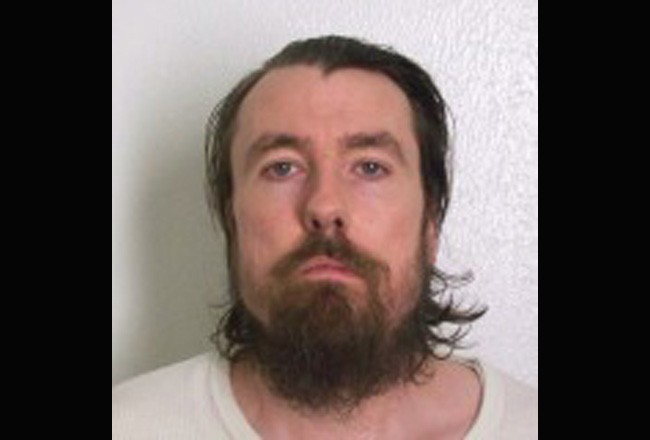
Florida’s embattled and harsh prison system, which has been wracked by accusations of guard brutality, inmate deaths and escapes, has also had a contentious relationship with Muslim and Jewish inmates. In 2010, the system ended kosher and halal meals for Jewish and Muslim inmates. Prisoner Bruce Rich, an Orthodox Jew serving a life sentence for murdering his parents in 1995, sued in federal court. Last spring a court ordered the department to provide the meals again.
Florida’s prison system is also among just seven states that ban inmates from growing beards, even when in accordance with inmates’ religious beliefs. The ban targets Muslims and Orthodox Jews especially, though the ban appears to be in direct violation of a federal law known as the Religious Land Use and Institutionalized Persons Act of 2000.
On Tuesday, the U.S. Supreme Court unanimously ruled that the bans in those seven states are illegal.
The case originated in Arkansas, where a devout Muslim, Gregory Holt, who goes by Malik Muhammad, among other aliases (he is serving a life sentence for aggravated burglary, and in 2003 was sentenced to 72 months for making a “terroristic threat”), wanted to grow a half-inch beard. The prison system forbade it. It only allows quarter-inch beards for inmates who have dermatological problems. It rejected his petition for a religious exemption.
Prison systems in Arkansas and Florida say the ban is to keep the beards from being used to hide contraband. Inmates who escape could also quickly shave and hide their identity, prison officials contend. Justice Samuel Alito, writing for the court, rejected both claims as justifying the ban.
“Although we do not question the importance of the Department’s interests in stopping the flow of contraband and facilitating prisoner identification,” Alito wrote, “ we do doubt whether the prohibition against petitioner’s beard furthers its compelling interest about contraband. And we conclude that the Department has failed to show that its policy is the least restrictive means of furthering its compelling interests.”
Alito later ridiculed the notion that items such as cell phones’ SIM cards could be hidden in beards, and argued that taking a picture of an inmate with and without facial hair would immediately dispense with the fear that an inmate could hide his physical identity after escaping.
“I look at your particular circumstance and I say, you know, it’s almost preposterous to think that you could hide contraband in your beard,” a magistrate judge commented to Muhammad at a hearing, though that judge actually dismissed Muhammad’s complaint, deferring instead to prison officials. A district court adopted the same approach, as did the Court of Appeals for the Eighth Circuit also held for the prison system.
The Supreme Court reversed. “First, the Department failed to show, in the face of petitioner’s evidence, that its prison system is so different from the many institutions that allow facial hair that the dual-photo method cannot be employed at its institutions,” Alito wrote. “Second, the Department failed to establish why the risk that a prisoner will shave a 1⁄2-inch beard to disguise himself is so great that 1⁄2-inch beards cannot be allowed, even though prisoners are allowed to grow mustaches, head hair, or 1⁄4-inch beards for medical reasons. All of these could also be shaved off at a moment’s notice, but the Department apparently does not think that this possibility raises a serious security concern.”
Only a few Southern states ban beards. Other than Florida and Arkansas, the ban had applied in Alabama, Georgia, South Carolina, Texas and Virginia. Alito wrote that “the vast majority of states and the federal government permit inmates to grow half-inch beards, either for any reason or for religious reasons.”
Congress enacted the 2000 law and its sister act, the 1993 Religious Freedom Restoration Act, to broaden freedoms provided under the First Amendment.
![]()
Supreme Court Decision on Prison Beards (2015)





























Leave a Reply